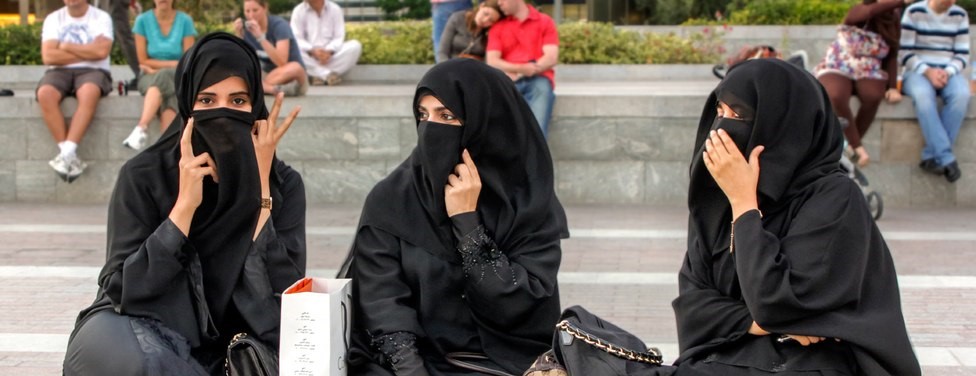Triple talaq banned
August 23, 2017 | Expert Insights

In a historic move, the Supreme Court of India has ruled that the instant triple talaq practiced among some Muslims in the country is unconstitutional.
Background
The Muslim family affairs in India are governed by the Muslim Personal Law (Shariat) Application Act, 1937 (Muslim Personal Law). Thus, the triple talaq used to be a legally valid form of divorce for the Muslim community in the country. According to the 2011 census, there are 172 million Muslims in India. Women have noted that they have been divorced through letters, WhatsApp and even over Skype.
This practice is banned in Islamic nations like Pakistan and Bangladesh.
The campaign to get triple talaq banned has been fought by multiple activists, groups and individuals through the years. However, it has thus far been unsuccessful. The current ruling is a result of five women filing a petition with the Supreme Court. They had argued that this practice was a violation of their fundamental rights as Indians. The women are: Shayara Bano, Afreen Rehman, Ishrat Jahan, Atiya Sabri and Gulshan Parveen. The current government led by Prime Minister Modi has come out in support of the ban. Additionally, over 1 million Muslims in India signed a petition in favor of the ban.
Analysis
The five Supreme Court judges who passed the ruling came from different faiths heard the case over the course of five days. They are Justices Kurian Joseph, Rohington Nariman, UU Lalit, Abdul Nazeer and Chief Justice JS Khehar. The judges said that the triple talaq violated Article 14 and 21 of the Constitution of India, which relates to equality, and protection of life and personal liberty respectively. By 3:2 majority Justices Kurian Joseph, R Nariman and UU Lalit declared the practice of triple talaq unconstitutional. Chief Justice Khehar and Justice Abdul Nazeer gave the dissenting judgement.
However, this is not a permanent ruling. The court has suspended the practice for a period of six months. It has notified that the Parliament should step in to ensure this ban stays permanent. Chief Justice J.S. Khehar said, “This is a sensitive case where sentiments are involved. We are directing the Union of India to consider appropriate legislation in this regard.”
The news was greeted warmly by activists who had campaigned for the issue. Zakia Soman, the co-founder of the Bharatiya Muslim Mahila Andolan (BMMA) said, “It’s a very happy day for us. It’s a historic day. We, the Muslim women, are entitled to justice from the courts as well as the legislature”
Prime Minister Modi said, “I pay my respects to those women who had to lead miserable lives due to triple talaq and then started a movement which created an environment in the whole nation against the practice.”
Assessment
Our assessment is that the ban of the triple talaq is a progressive step towards achieving gender equality. According to a survey conducted by Bharatiya Muslim Mahila Andolan, 92% of the 4,710 Muslim women polled were in favor of the ban of the triple talaq. This historic ruling returns the agency and the autonomy back to women. Muslim women in India no longer have to fear that a misstep could lead to an immediate divorce without having any say in the matter. It is now up to the Union of India to ensure this becomes permanent.








Comments